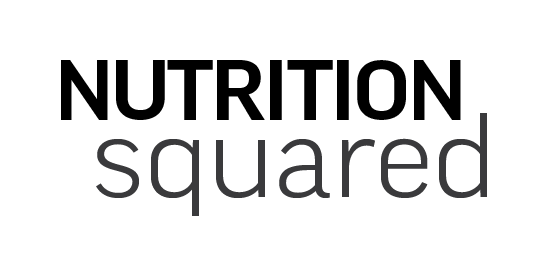NSQ Guide to Nutrition: Your Questions Answered Part 1
BY: NSQ

Navigating the world of nutrition can often feel like trying to solve a complex puzzle with pieces that don't quite fit. With a plethora of dietary advice available, it's easy to find yourself lost in a sea of information, unsure of what to believe. To help clear the confusion, we've compiled answers to some of the most frequently asked questions about nutrition, offering clarity and insight into how to make healthier choices that are both practical and sustainable.
"Remember, the best diet is the one you can adhere to in the long run,
without feeling deprived or unhappy."
1. What's the Best Diet for Losing Weight?
The quest for the "best" diet for weight loss is a common one, yet the answer is not one-size-fits-all. Sustainable weight loss is achieved through a calorie deficit, meaning consuming fewer calories than you expend. However, the approach to achieving this deficit can vary widely among individuals.
A balanced diet rich in whole foods, such as vegetables, fruits, lean proteins, whole grains, and healthy fats, is foundational. This approach not only helps in creating a calorie deficit but also ensures you receive the essential nutrients your body needs. Remember, the best diet is the one you can adhere to in the long run, without feeling deprived or unhappy.
2. How Can I Lose Belly Fat?
The desire to lose fat from specific body areas, such as the belly, is common, but targeted fat loss, also known as spot reduction, is a myth. Weight loss occurs across the body based on genetics, hormone levels, and overall body composition. Incorporating a balanced diet with a mix of cardiovascular and strength training exercises is the most effective strategy for overall fat loss, which includes belly fat.


3. Are All Calories Created Equal?
While calories are a measure of energy, not all calorie sources have the same effects on your health and satiety levels. For example, 100 calories from a donut will affect your body differently than 100 calories from a serving of broccoli. Foods that are nutrient-dense and high in fiber, such as vegetables, fruits, and whole grains, promote fuller feelings for longer and offer a plethora of vitamins and minerals. Thus, focusing on the quality of calories is just as important as the quantity.
4. Is Breakfast the Most Important Meal of the Day?
Breakfast has been touted as the most important meal of the day, emphasizing the idea that a morning meal can help kickstart your metabolism. However, recent research suggests that breakfast's importance is highly individual. For some, eating breakfast supports their overall dietary habits, helping them to manage hunger and consume nutrients needed for the day. For others, skipping breakfast does not negatively impact metabolism or cause weight gain. Listening to your body and eating when you're truly hungry is a good practice.
5. How Important Are Organic Foods?
Organic foods are grown without synthetic pesticides, fertilizers, and other additives. Some studies suggest that organic produce may have higher levels of certain nutrients and lower levels of pesticide residues. However, the most important factor is consuming enough fruits, vegetables, and whole foods, regardless of whether they are organic. If budget is a concern, focus on the "Dirty Dozen" list published by the Environmental Working Group (EWG) for prioritizing which organic produce to buy.
6. Do I Need to Take Dietary Supplements?
Whether or not you need to take dietary supplements depends on your individual nutritional needs and diet. Ideally, a balanced diet should provide all the necessary nutrients. However, some individuals, such as those with dietary restrictions, pregnant women, or older adults, may require supplements for nutrients like vitamin B12, iron, calcium, and vitamin D. You can also support your overall diet with Nutrition Squared Elements for an extra boost when you're not able to get all your nutrients from whole foods.
· Longevity greens supports detoxing, energy, and digestion.
· Earth Immunity supports your immune system it's a great Anti-inflammatory.
· Dream State will help your mood and relax.
· Aminos + will support your fitness goals.
As always, it's best to consult with a healthcare provider to determine if supplementation is necessary for you..

7. How Much Protein Do I Really Need?
Protein needs vary based on age, sex, physical activity level, and overall health. A general guideline is 0.8 grams of protein per kilogram of body weight per day for adults. However, individuals who are highly active or looking to build muscle may need more. High-quality protein sources include lean meats, fish, dairy, beans, and lentils.
Conclusion
Nutrition doesn't have to be complicated. By focusing on balanced, varied, and nutrient-dense foods, you can navigate the world of nutrition with confidence. Remember, the best dietary choices are those that are sustainable, enjoyable, and aligned with your individual health needs. Always consider consulting with a registered dietitian or a healthcare provider for personalized advice.
Parts of this article were influenced or referenced by AI to bring you the most comprehensive and up to date details on the subject topic.
